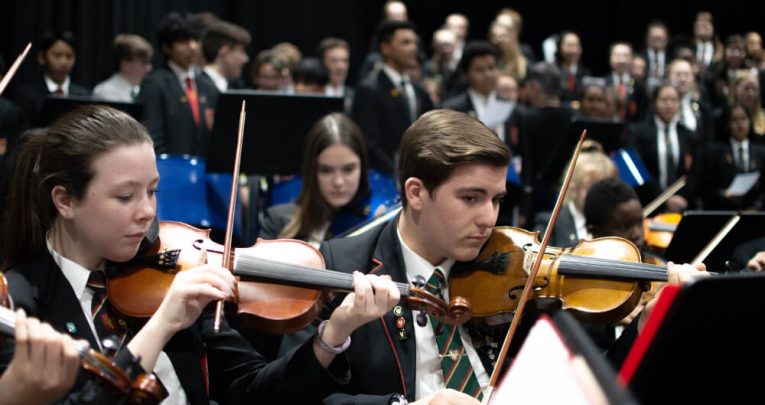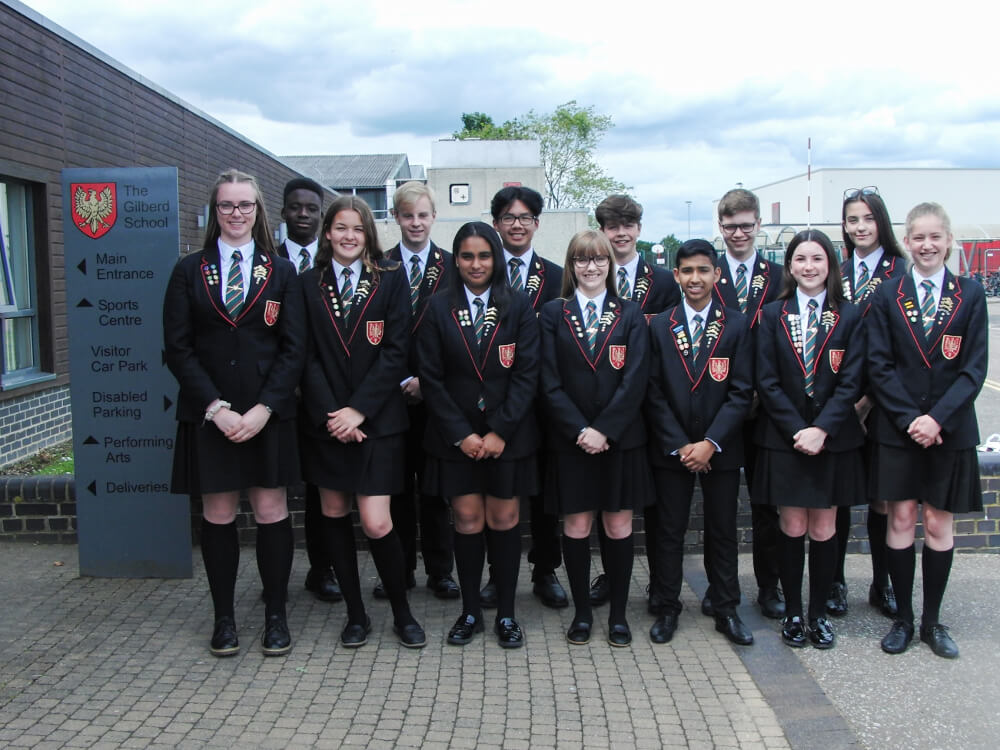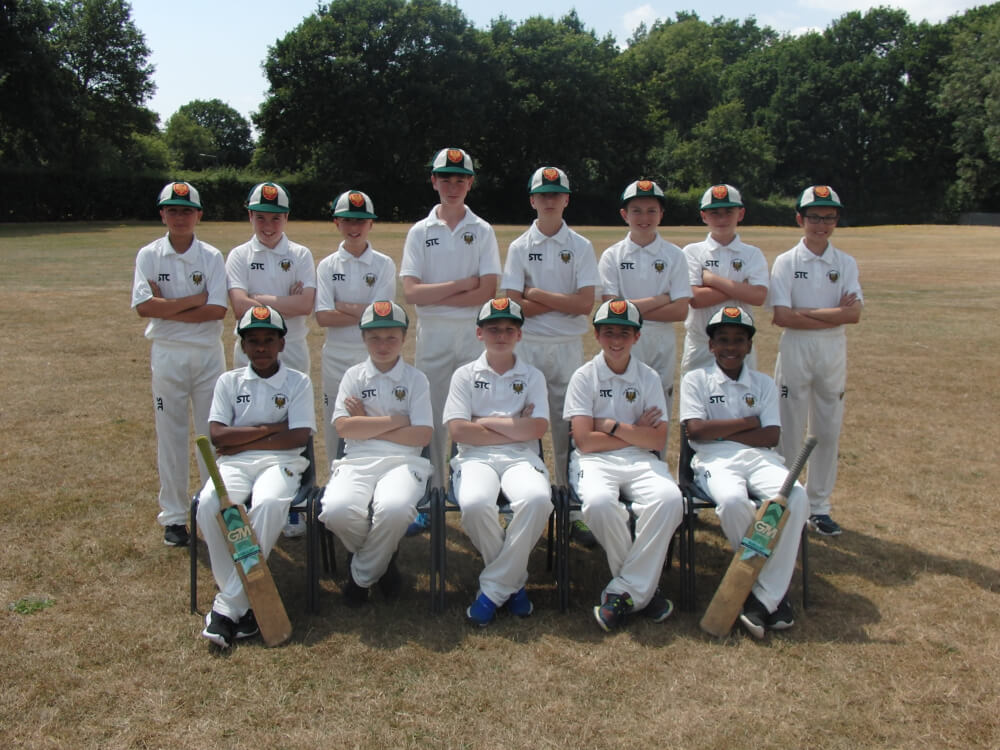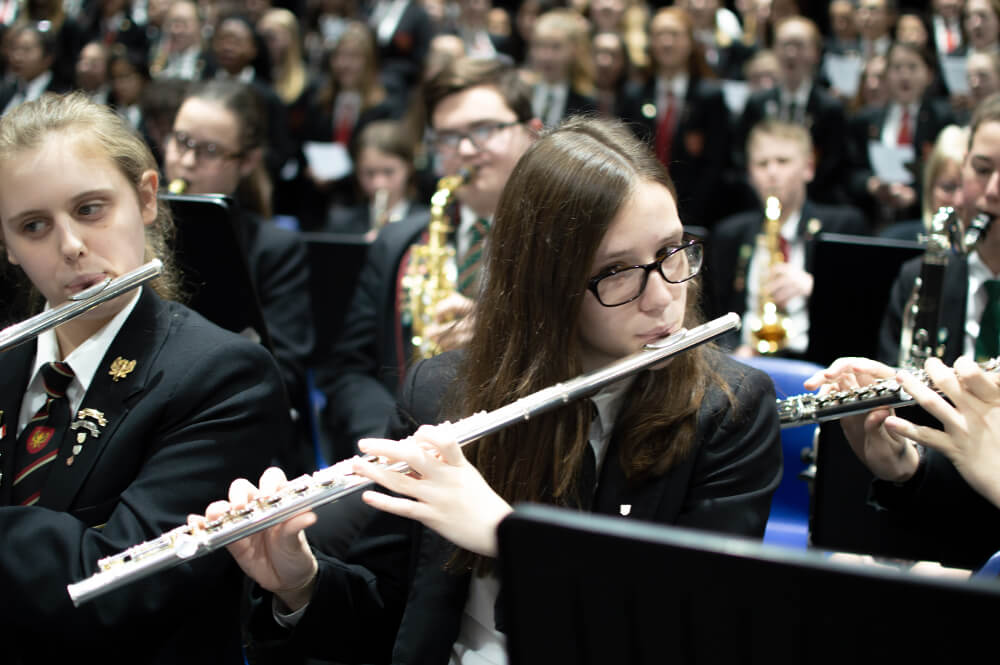How Quality-First Teaching and High Expectations Benefits All of Our Pupils

Every child deserves the kinds of experiences and opportunities offered by ‘that sort of school’, says James Mitchell…

Closing the pupil premium gap has been an educational priority for several administrations now. Huge sums of money have been directed toward this policy. Yet whilst there are exceptions, nationally, the chasm is as wide as ever.
The truth is, ever-6 pupil premium eligibility is a pretty awful metric for determining disadvantage in our society.
Poverty is a multi-faceted beast and many of the issues are deeply ingrained societal ones.
Time poverty for the working poor (who often won’t claim free school meals), and aspirational poverty are probably the two most damaging forms.
These are not accounted for in our constantly morphing lists of the ‘disadvantaged’.

In order to narrow the gap, it is often those students who lack aspiration or support from home who are being asked to run twice as fast in the academic race as their peers from high aspiration families, where parental support is on tap and positive role models abound.
The most obvious response to an alarming pupil premium gap is to resort to ‘silo’ interventions, focused exclusively on students who appear on various lists – targeted catch-up classes, revision sessions etc.
At the Gilberd School, Colchester, where I am deputy headteacher, we’ve tried them in years gone by, but found that learners were reluctant to attend and you may have experienced something similar.
From a young person’s point of view it’s not hard to see why.
Even if you don’t share your selection criteria, most pupils after a quick glance around the room will quickly work out why they are there. This approach can be divisive, costly and ultimately ineffective.
‘That sort of school’

Our most recent section 5 Ofsted inspection graded us outstanding in all four categories. To be fair however, the school was always good.
Though our intake by prior attainment is no better than national average and we have pockets of quite severe deprivation nearby, the school does have an impressive history, stable catchment and has retained much of its traditional ethos.
Our students, staff and parents are fiercely loyal to their school and so we accept that we may not face the scale of challenge that others do.
Despite this, for years we remained trapped beneath the glass ceiling of ‘good with outstanding features’.
Up until relatively recently, we were missing that as-yet-unknown ingredient, those marginal outcome improvements that no amount of extra graft was seemingly able to achieve.
The final part of the journey therefore had to involve some different thinking.
Our headteacher likes to use a phrase; ‘pick up the rocks and face the squiggly things underneath’.
Roughly translated, this means we needed to face the things we’d been ignoring – because to do otherwise would involve taking a risk with a school that was already very good.
We needed staff and students to realise we were better than ‘good’ and to be comfortable with that. We required the self-belief and a high aspiration ethos to shine through.

I recall having a discussion with a colleague long ago about creating just such a high aspiration environment, during which they uttered the words ‘but we aren’t that sort of school’.
Right there in that one sentence was a self-imposed glass ceiling. Lack of self-belief is one of the most intractable ‘squiggly things’ that needs to be ‘plucked from under the rocks’.
We now view our school as a high aspiration family. Our disadvantaged children are members of that family and they do not require a different medicine from any other member.
For example, to artificially lower the exclusion rate for disadvantaged students by lowering expectations of their behaviour would in essence be an institutionalised form of discrimination.
In reality, good behaviour, impeccable manners, smart appearance, studying the Ebacc, singing in a choir, learning to play an instrument, public speaking, aiming to become a prefect, joining a sports team – these soft skills are some of the critical ingredients to develop any child into a confident well-rounded person.
They aren’t things just for children in ‘that sort of school’. It seems true, however, that they are things ‘that sort of school’ do very well. We have chosen to do them well, too, and feel strongly that all of our children must have the same opportunity to gain from them.
Quality-first teaching

Pupil premium funding has been a critical ingredient in our improvement but there has been no secret weapon in our expenditure. We already know what does and doesn’t work, there is a wealth of literature out there that points the way to best practice.
Two things are a stand-out must: first, focus efforts on ‘quality-first’ teaching and secondly, cultivate a whole-school culture of high expectations.
Basically, bin the labour intensive ‘silo’ interventions, stop chasing a statistical gap you have little control over, and instead take a closer look at what the consistently good schools have been doing for years.
Better still, ask parents why they want to send their children to those good schools.
It’s not just about academic results or the Ofsted grade. It’s the feel of a place, the manners the students display, the opportunities afforded to them.
These qualities spread by word of mouth, through the school’s media presence, and are just as important as league table positions.
The new inspection framework seems finally to have acknowledged that the best schools provide far more than intensive revision classes.
The vast bulk of our pupil premium budget is now absorbed by overstaffing in English, mathematics and science.
For good results, good recruitment is the best intervention money can buy. To take a disadvantaged child out of a lesson to receive intervention when that lesson is high quality and mostly free from low level disruption seems counter-productive.
Our curriculum deputy and SENCO therefore operate a system of no lesson withdrawals.
We have highly skilled Learning Support Assistants but they are very few in number – just 8 across a school of 1600, and nearly all of these are embedded within faculties.
A relentless focus on vocabulary and extended writing and feedback by our middle leaders has yielded impressive progress results for most students.
A consistent message

Our approach to student leadership and community participation has also been radically overhauled. We have all but abolished rewards and replaced them with ‘The Gilberd Way Awards’; a very high-visibility approach to recognition.
Students are no longer ‘picked’ for leadership roles on the basis of character or behaviour but instead have to embark upon a leadership career at the school which starts in Year 7 and in which they work towards a series of ‘pips’.
In order to achieve these awards (Bronze, Silver and Gold) students not only have to meet basic data thresholds but critically, they must become involved in the school community, be it a club or society, music, supporting evening events or taking part in competitive sports.
In essence, we have reintroduced a hierarchical but clearly meritocratic approach to student leadership’; a system that had worked for the first 80 years of the school’s history but was abolished when it became fully comprehensive in all year groups in 1987 – perhaps on the grounds that we were deemed to be no longer ‘that sort of school’.
Part of the process has also been the gradual but not so subtle overhaul of the school’s displays, often remarked upon by visitors, and featuring professionally framed photographs celebrating the school’s history and the achievements of students past and present. All guest speakers at awards evenings etc are now drawn from the growing ranks of Old Gilberdians who remain in touch with the school. And so the gradual drip feed that this is a school that values and enables excellence for everyone starts to become a reality for students.
The option to excel

By taking this approach, we have raised the progress and attainment of many of our disadvantaged students, swept along as they mostly are in a positive whole-school culture.
On the flip-side of the coin however, we have failed to narrow the progress gap – predictably, our more aspirational students respond to the same academic and social catalysts as their less advantaged peers.
But is that a problem? We have given, to the best of our ability and within the bounds of what is possible, equality of opportunity and it is bearing fruit.
If we chased the gap, if we chased equality of outcome as a goal, then we surely create the very real risk of aspirational children becoming overlooked in the pursuit of mutually exclusive accountability measures.
The school is not without its faults, not every child buys in and realistically, that’s never going to change. Ofsted were either going to approve or disapprove and we felt that cleverly worded SEFs, pupil premium evaluations and data sophistry was unlikely to swing the result.
The school has a generally happy, family feel because mostly, the children enjoy being a part of it and appreciate the diversity of experience it gives.
With a healthy, well-rounded experience, our young people have been able to excel. It appears to be an approach which has worked to the benefit of all.
James Mitchell is deputy headteacher at The Gilberd School, Colchester, Essex.











